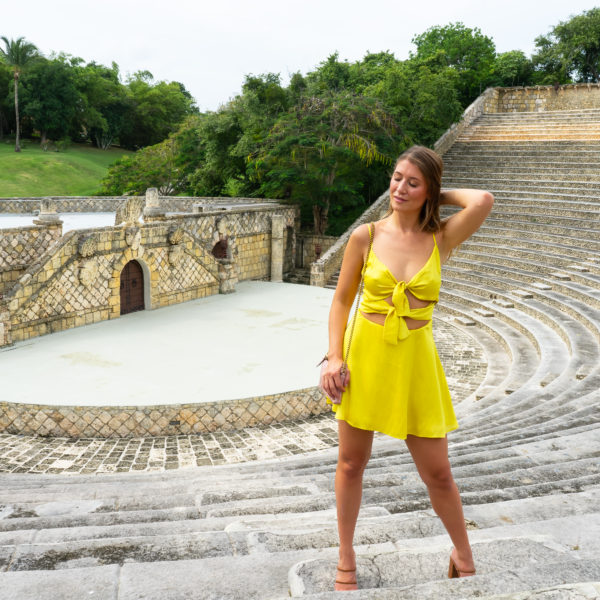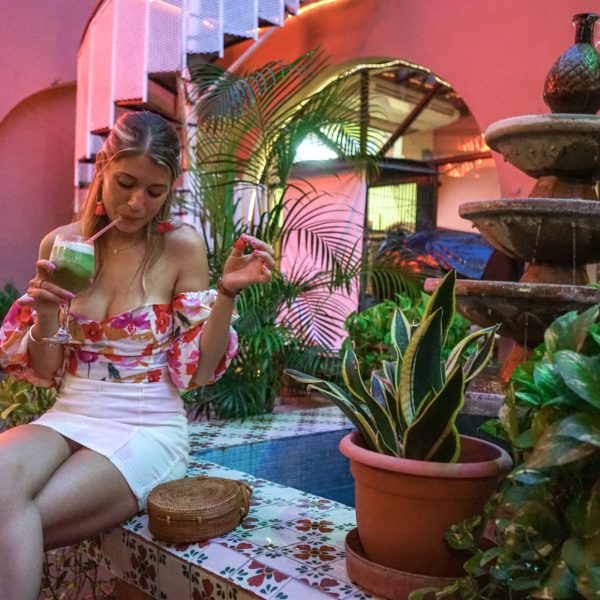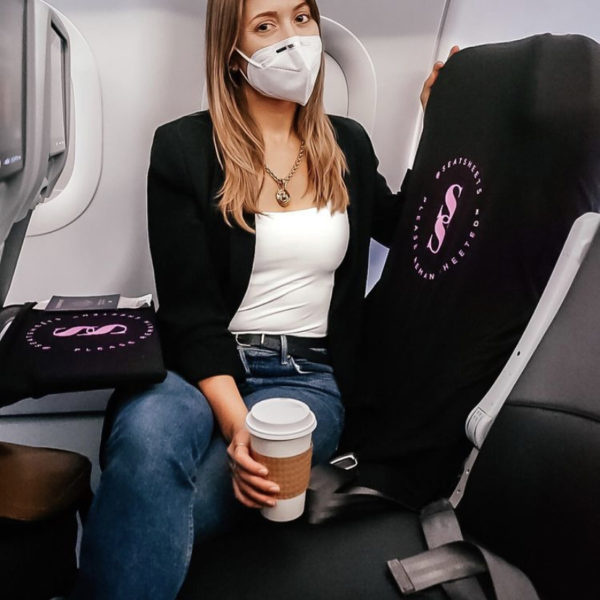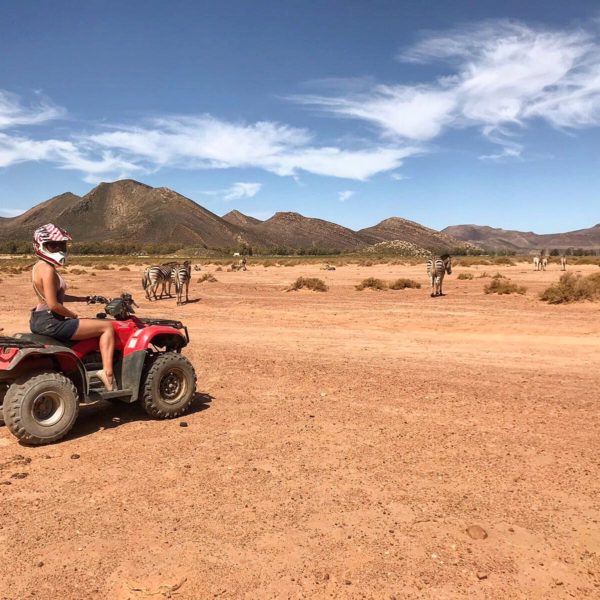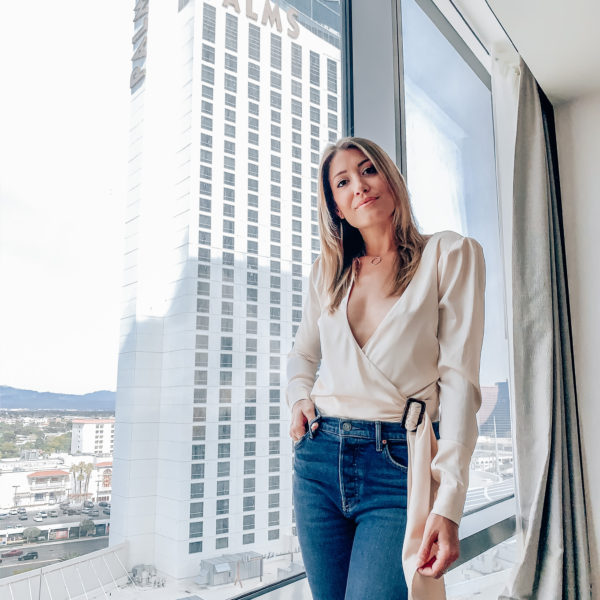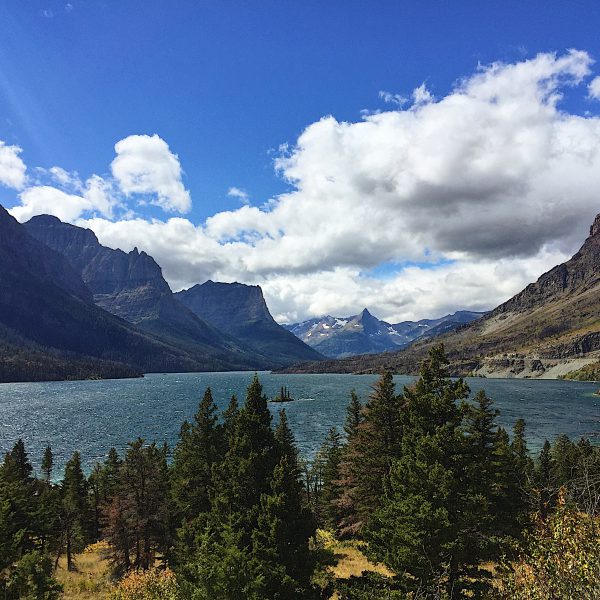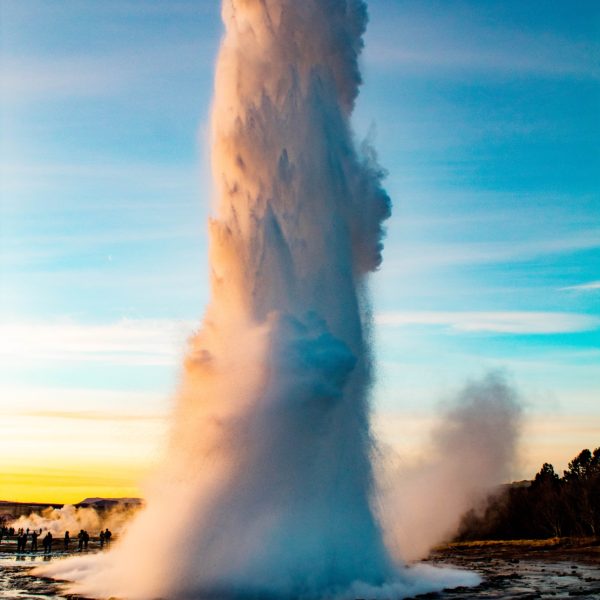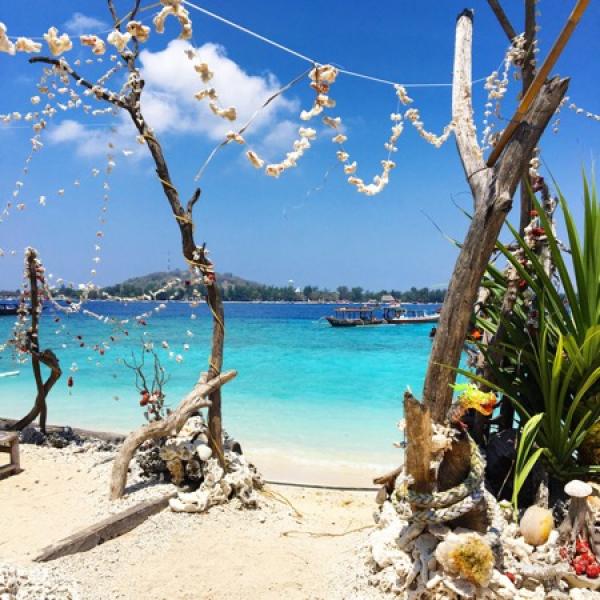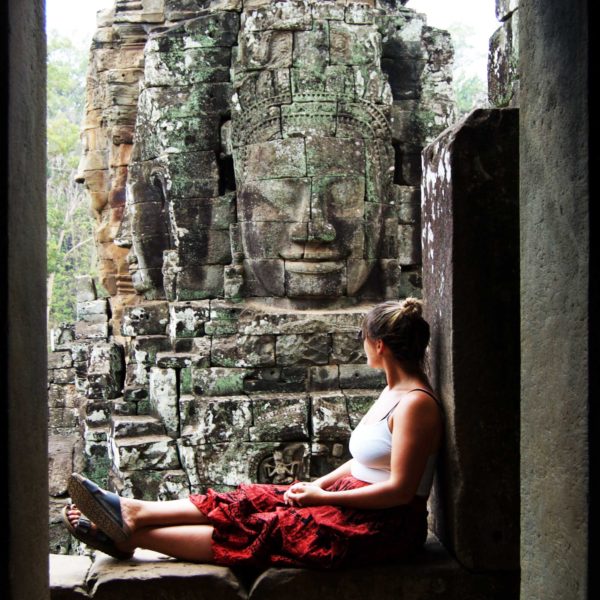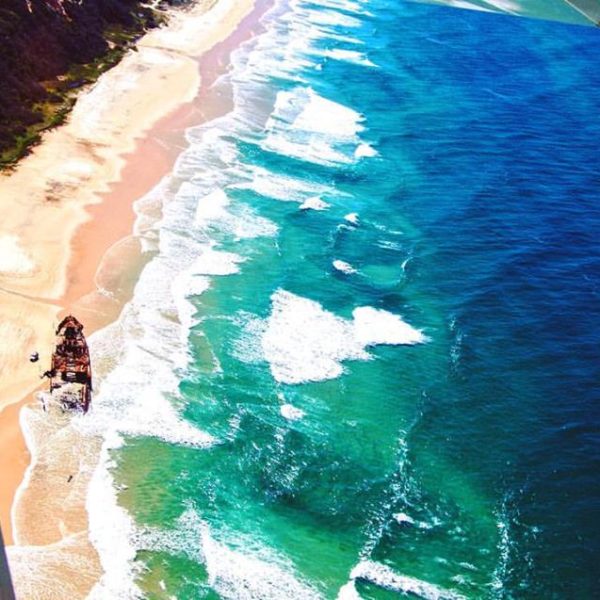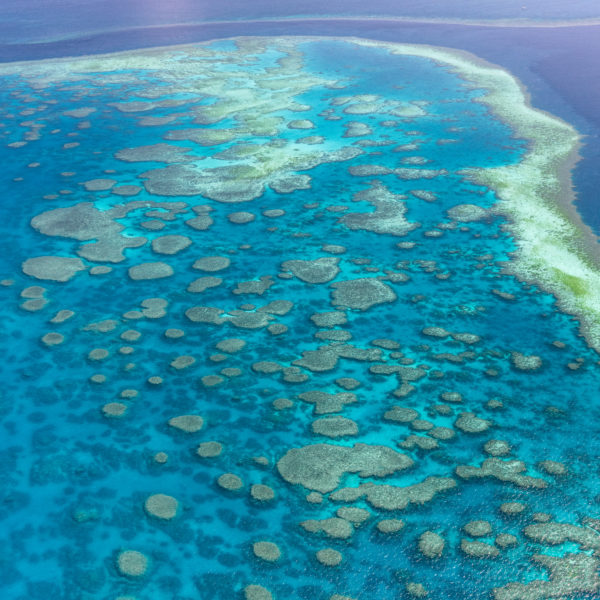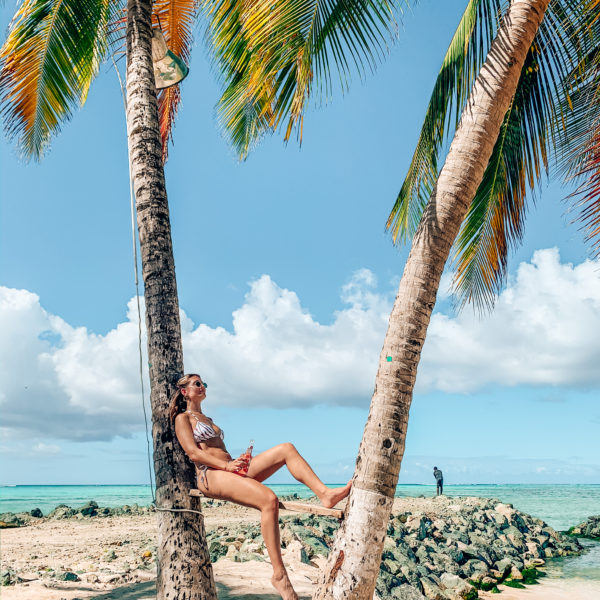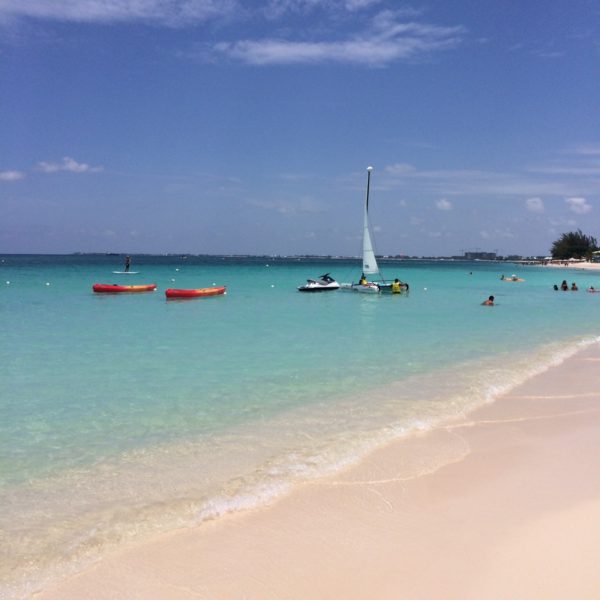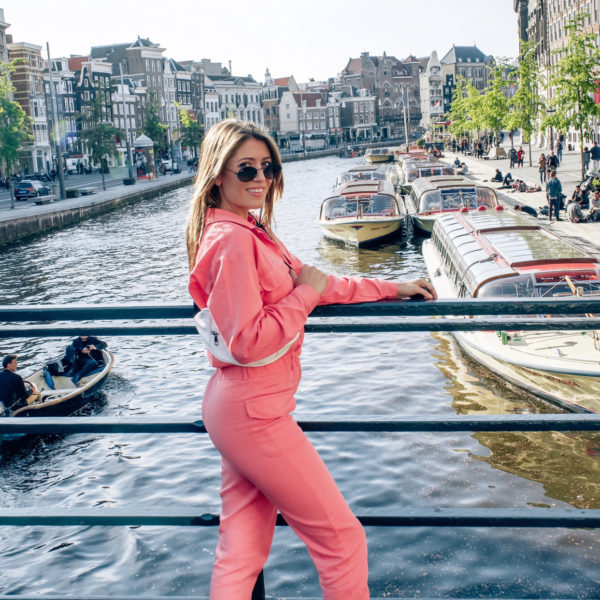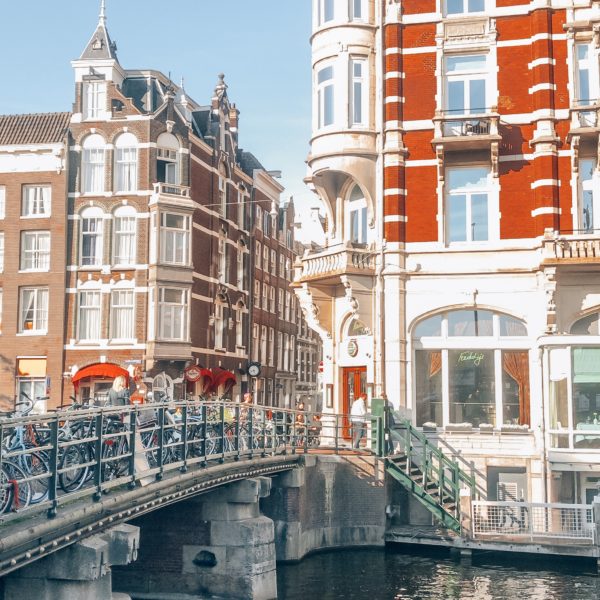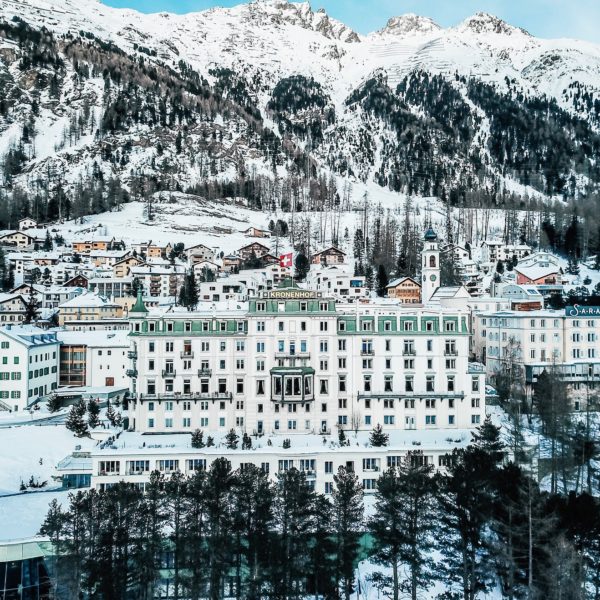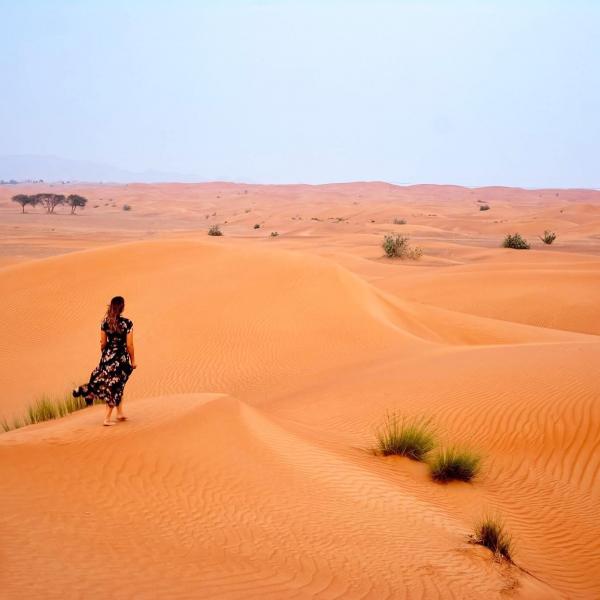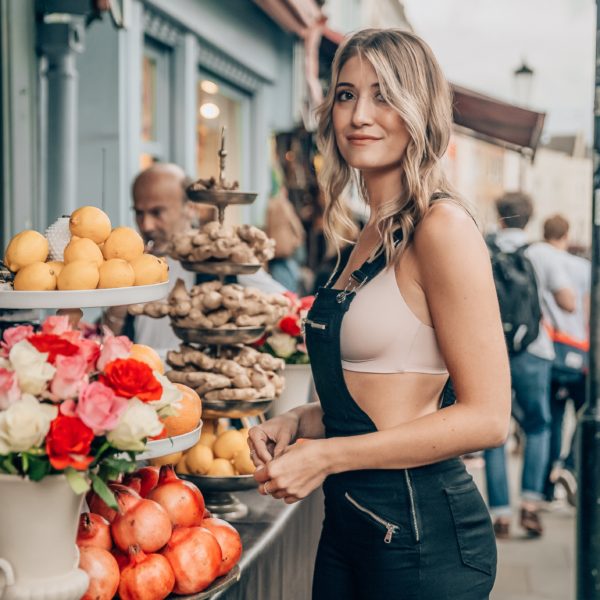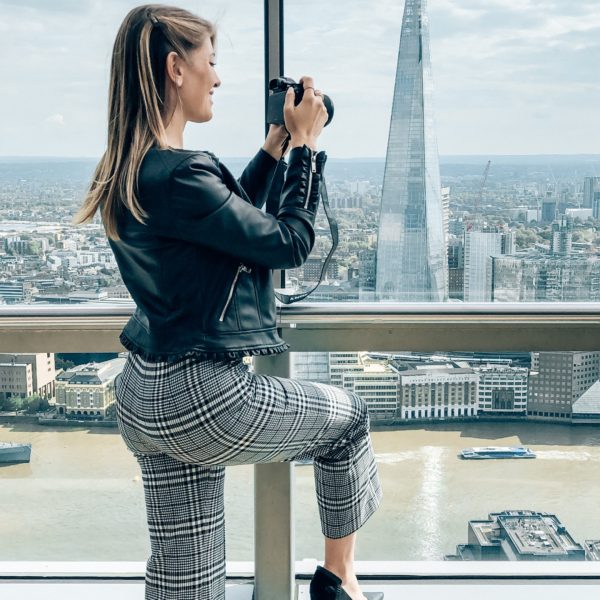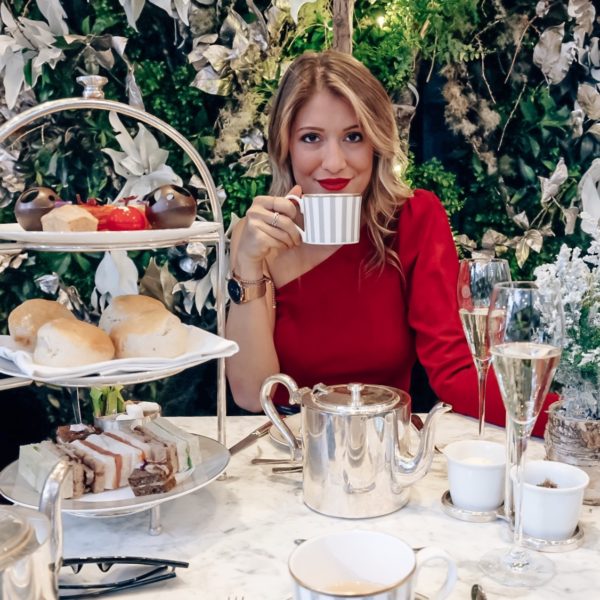Travel Guide: Gambia
By: Agnieszka Smycz @ThePinkLem
Gambia is Africa’s smallest non-island country and is bordered by Senegal on all sides except the west, which is the Atlantic coast. The borders generally follow the Gambia River, and that flows through the middle of the country and empties into the Atlantic Ocean.
Gambia is agriculturally rich. Along with farming, the economy also has large fishing and tourist services. Other than the tourists that come to visit Gambia, many ethnic groups live in the country and preserve cultural traditions and language. Music and dancing are well-known examples of Gambian cultural products. All in all, Gambia has the warmth of winter sunshine, beautiful beaches, exotic wildlife, and many cultural and historical additives to admire!
If you’re looking for a real, wild, African experience – Gambia is the perfect place!

When is it Best to Visit Gambia?
The best time to go is during the dry season, which is from November until May. The temperature circulates around 30°C.
Where To Stay?
The best areas are definitely Kotu, Kololi, or Serrekunda. All are situated close to the ocean and are very lively.
LOW BUDGET OPTION: 30 GBP/per night / 2 pax

LOW BUDGET OPTION:30 GBP/per night / 2 pax
The 3* Palm Beach Hotel in Kotu was quite old-fashioned. Everything was basic and looked like it was 50 years old, but we had everything we needed. There was a mosquito net over the bed, a clean bathroom, wifi (sometimes), a swimming pool, included breakfast, and a short walk to the beach!
LUXURY OPTION:100 GBP/per night / 2 pax
This was a beautiful resort located in a quieter area. In my opinion, it definitely deserves 5*! We actually found it accidentally while we were strolling on the beach and wanted a drink.
Transportation in Gambia
For the most part, we used “taxis,” (100-200 dalasi was the usual price for a few km), and we paid 700 dalasi to get from the Airport in Banjul to our hotel in Kotu (about an hour way). There is also something like a “bus” transport, which costs around 20 dalasi. Basically, you have to squeeze in a mini bus with about a hundred other people, but I didn’t get to try it myself.

What To See & Do
Serrekunda Market – This is a huge, colorful, and vibrant local market. You can find almost anything you need here. There are plenty of people screaming, bargaining, and promoting their goods, and of course, all women with baskets on the top of their heads!
Gambia River – The river is not really open for the public, but we were lucky enough to get there with our local guide. It seems like collecting oysters from the Gambia River is not something they really want to share with the rest of the world. Make sure you don’t attack them with your camera! 😉


James Island – Unfortunately, this island is a symbol of slavery. Gambia was the biggest landing port in the past. They would pass through the Gambia River, and then the Atlantic ocean. All slaves were sent to America.
Banjul – The capital of Gambia. It is also called “The City of The Lights.”
Our Local Guide Experience
It was just my friend and I, so we actually made friends with one Gambian guy. I can honestly say that getting a local guide was the best decision we could have made! Forget about expensive trips organized by international agencies: go explore with locals! It will cost you less and show you more!
He spent all 9 days with us and showed us all the good and bad sides of his life there. Thanks to him, we were able to see a typical Gambian village, try local cuisine, play with the monkeys, observe women collecting oysters, play drums on the beach, and dance around a bonfire till the sun came up.
Just to give you an idea of cost: an all day trip including transportation (he organized a car for us, and a driver!), entrance to Monkey Park, Crocodile Pool, shopping on Serekunda Market, and sailing on the Gambia River [in a private (kind of) boat just for us!] cost us 30 GBP per head! I think it was a really good price, especially since we had someone to help us around.

Nightlife
Although Gambia is one of the poorest parts of Africa, it has its own charm with lots to do. There are many beach bars and restaurants to go to, and some offer attractions, like shows of the local groups. Watching the sunset, sipping fresh pina coladas, and listening to the drums is the best way to spend the evening there! However, if you seek something a little crazier, go to Senegambia. This crowded place is full of clubs, discos, and people from all over the world! Get ready for reggae rhythms and the smell of weed! Bob Marley is their God!

Helpful Tips & Interesting Facts
- “Tubab!” – Don’t get offended or scared when someone calls you this on the street. It’s usually used in a positive way when referencing white people, like “Welcome you white people!”
- Shopping – Bargaining is part of their culture and it’s completely fine! Try to help them with counting, they are not really good at it. 😉
- English – 90% of them speak english, but their idea of “english” is probably slightly different than yours, but trust me, you will be able to communicate. 😉
- Baobab – Baobab is their local good. You definitely have to try a baobab milkshake because it’s soo yummy! Also, it helps with digestive problems and has a magic power if you want to get pregnant!
- VISA – As far as I know, only US citizens have to get a VISA, but you can check here and make sure you don’t need one! http://www.worldtravelguide.net/gambia/passport-visa
- Photos – They are not very happy when you take pictures of them because they think you’re gonna use it to make a postcard or in a magazine. Usually money solves the problem. 😉
- Religion – Most of them are muslim, but there are not any requirements on how you need to dress. Also, there were no problems with buying and drinking alcohol.
- Gifts – If you’re planning to visit some villages, remember to bring small gifts for kids. They would love and appreciate every single thing!
- Development Gap – Their houses are made from a mix of sand and water, and most don’t have electricity. But what really surprised me is that if you look inside, you can randomly spot TVs and PlayStations.
- Vaccines – I had to get a Hepatitis A, a Yellow Fever, and a Typhoid vaccine, but I would double check with your doctor since it can be different for everyone.
- Mosquitos – It is highly recommended that you take malaria pills, use mosquito repellent, and make sure there is a mosquito net where you’re staying!
- Overall, my 9 day intensive trip left a mark on my everyday life. I’ve started to appreciate what I’ve got, as well as every single moment and every single thing. It also made me a more open-minded and empathic person. Gambia will always have a special place in my heart.
Cost Comparison 2016:
*1 GBP = 55,6 dalasi*
Fresh Juice – 100 dalasi
Beer – 50 dalasi
Meal in a Local Restaurant – 100-350 dalasi
Shirt Bought on a Market – 800 dalasi



